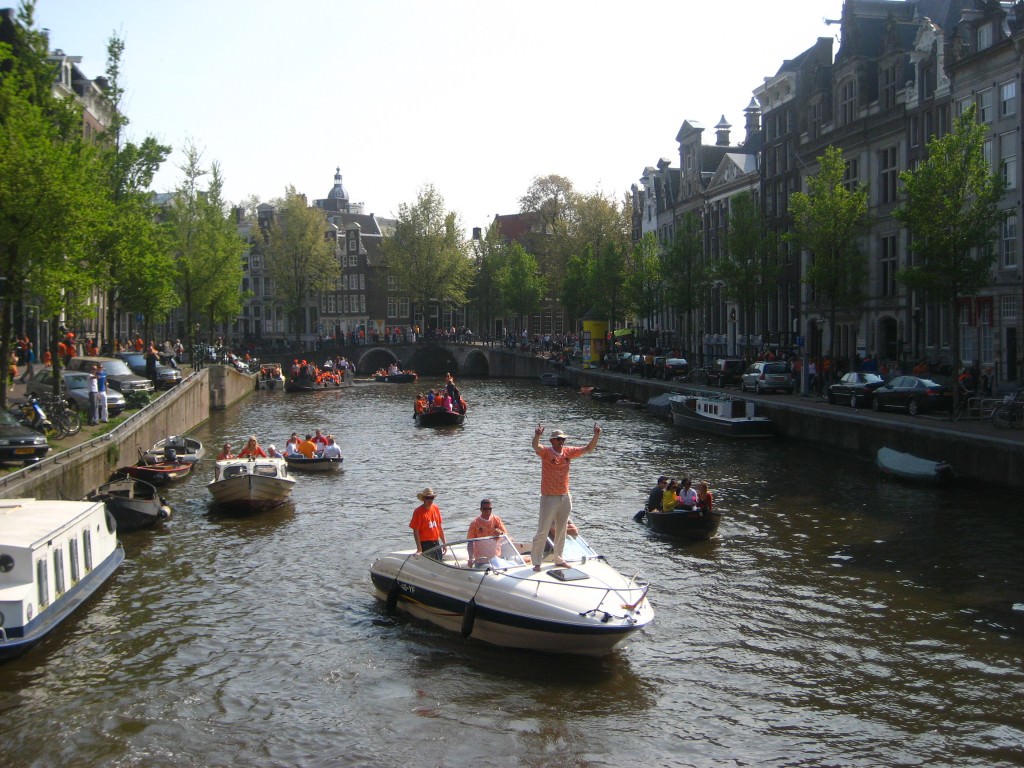One of the most annoying parts of traveling is navigating currency exchanges. You’ve just gotten used to converting Korean wons and now you’re jetting off to Thailand to deal with bahts. Even in Europe, where many countries use the euro, you still might find yourself having to trade money. Northern Ireland is part of the United Kingdom and still uses sterling pounds. The Republic of Ireland however, uses the euro. So if you catch the 2-hour train from Dublin to Belfast, you’ll need to swap euros for British pounds, while not even leaving the small emerald island. Here are some ways to save on currency exchange fees!

Avoid Currency Exchanges in Airports and Train Stations
Each time you trade money, you lose money- currency exchange outlets are not charities. You’ll always find currency exchange booths in international airports and train stations. They typically offer the worst deals because of higher rents and less competition. Don’t trade large sums of money in airports and train stations if you can avoid it. Major cities that draw tourists usually have a bustling trade of currency exchange shops that offer better deals than airports and train stations. In smaller towns with less options, utilize the ATM.
Don’t Blindly Trust “No Commission.” Double Check Before Trading Money
Often times currency exchange outlets aim to mislead potential customers by advertising “no commission,” because yes they are there out of the goodness of their hearts. Particularly if you trade fairly large sums of cash, it’s very important you have at least a ballpark idea of the real trade value of the currencies. xe.com is a great website that provides a constant real-time update of the value of pretty much all currencies worldwide, and does conversions so you understand what you’re dealing with when you hit the streets of a foreign land.
Compare Rates at Currency Exchange Shops
Rates at currency exchange shops in cities vary widely, taking anything from 2-10%. If a business advertises no commission, make sure their exchange rate isn’t off by 10% because that’s a horrible deal for you. Alternatively, if you see a very favorable exchange rate posted out the front, ask the teller what their commission fee is. I always ask, if I give you X, what will I get back in Y? Because once you make a trade, the deal is final. And in big cities with loads of currency dealers, often in close proximity, it isn’t necessary to get a bad deal.
Always Charge or Debit in the Local Currency, not Your Home Currency
Also, do not trust the many vendors, including online websites, who offer the “service” of allowing you to use your debit or credit card to pay in your bank’s currency if the payment was originally to be made in a different currency. Read why you should always charge in the local currency.
ATM’s Often Offer the Best Currency Exchange Deals, But Not Always
The best, and usually the safest way to trade money is to just use your ATM card to withdraw local cash when you arrive at your destination, circumventing the need for navigating currency changes. We find that banks usually don’t skim more than around 3% this way, and depending on your financial institution, there may not be an additional fee. And this way you don’t have to lug loads of cash around, something that is never advisable unless you’re up to no good.





 Budapest Parliament: Architectural Wonder of Europe
Budapest Parliament: Architectural Wonder of Europe  Is the Zagreb Zoo in Croatia Worth Visiting?
Is the Zagreb Zoo in Croatia Worth Visiting?
Hi, I always do the same thing: cash withdraw and trust on my bank for their conversion. But still, it’s so annoying to feel that you’re being robbed (sorry, there’s no better worth) when you need to do cash exchange!
It is the easiest way. We still occasionally find ourselves using currency exchanges because we had some leftover money. There was also the time when I arrived in Argentina where my ATM card didn’t work! And I really didn’t have *any* cash on me. Thankfully some people from the plane gave me $2 for bus fare and my card started working later. So it’s not a bad idea to at least have some of your cash on hand just in case 🙂
One tip that I would like to add to all of the above good advice, if you are using traders in Thailand, Indonesia always count the cash yourself before leaving. As there are a lot of notes involved they will and do skim some off as an extra earner. Beware !!!
Thanks for the great tip! I imagine there are some people that might count it after they walk off. And then you don’t really have recourse. And there are some dishonest people everywhere so it’s a great idea to always count it in front of them.